Happy New Gear: Why Looking Inward Is The Key To A Successful 2024
Ten. Nine. Eight…
So begins the countdown: every New Year’s Eve, we await the arrival of a new dawn to land on our doormats and wipe the past away, declaring the previous twelve months officially obscure and the incoming year bloated with hope and expectation. It’s a lot of pressure on a single stroke at midnight, isn’t it? Whether we are celebrating 365 days of triumphs, bidding adieu to an annus horribilis, or, most likely, demarcating one year of plodding away and trying our best from the next, the onset of a new year is fraught with a collective emotional baggage that often imperils us rather than stirring us to change. So, what can we do about it?
Reverse-engineering our New Year Resolutions is a helpful start. Think about it: the excitement of a new beginning is often clouded by lofty pursuits focused on weight, fitness, love or money—and savvy gyms, food subscription services and dating apps will pander to these baser instincts. These are peddled to overwhelming ends and underwhelming results; by January’s end, approximately 80 per cent of new gym signups will call it quits. As months roll on, many of us will fall into one of two traps: feeling like a failure or running on empty, having spiralled into a bottomless pit of beta testing. So, what if we could deploy alternative methodologies to practise in the new year that focused less on external shapeshifting and more on nurturing what’s inside, finding ways to feed ourselves with resources within reach?
For Sara D’Andrea, an energy work practitioner, reframing our thinking comes first. On a subconscious level, this means integrating reiki, meditation and binaural beats in her sessions to help rewire neural pathways and release emotional blockages. “Just because it’s technically January, it doesn’t mean everyone gets a clean slate and problems disappear,” she says. “Maybe our plans got derailed, maybe life threw us unexpected setbacks.” Finessing one’s macro and micro goals—from “saving for a house deposit to running a marathon”—can help course-correct. She says keeping a list of both can relieve stress and jumpstart the manifesting process, while reminding us that this journey is our own. If you haven’t crystallised your lists, heed her advice and focus within: “envision a version of yourself that’s more confident, motivated and unapologetically you. Understanding the person we aspire to be can be just as meaningful as the tangible goals we set.”
Writer and magnetism coach, Amber Lyon, distils this philosophy of goal setting further: “it’s the feeling we are craving”. Reduced to its essence, it’s easy to understand why goals may seem insurmountable and why, Lyon notes, “it’s hard to take [them] on from a stagnant place.” Instead, she says, we have to practise being super-directional. Lyon recommends taking the “smallest achievable step” toward our objectives—whether physical or mental, while remembering that progress is nonlinear. “Things of quality have no fear of time,” Lyon says, so surrender to your unique timeline and steadily build momentum in those areas you want to progress. As she says: “It’s easier to run when we are already walking.”
But what if we’re not there yet? James McCrae, author, meme poet and founder of @wordsarevibrations, says the key to overcoming inertia is to remain curious and embrace novel experiences. He says: “The best way to get unstuck is to start a creative practice. Being creative teaches us to see the world from new perspectives and to think for ourselves.” That could mean trying a pottery class or rerouting your usual walking path. He also identifies an oft-overlooked step to launch into our best versions: giving ourselves permission to change. “You are under no obligation to keep being the same person you used to be,” he says. We don’t have to remain addled by our insecurities. Find levity in that.
There are countless tools at our disposal: journaling, spending time in nature and focusing on our breath are free and easy ways to regulate our nervous systems and drown out distractions year-round. Plus, Lyon emphasises regularly celebrating small wins, like less self-judgement and improved mood. Both she and D’Andrea identify healthier measures of progress than any reflection in the mirror or scale; our abilities to self-soothe and cope better in stressful situations reveal telling clues about our wellbeing and development. Ditto how we speak to ourselves. More often than not, we are unreliable narrators—but this can be remedied. McCrae says: “words are the primary interface between our thoughts and our reality. When we think and speak with purpose, we become the magicians of our own lives.”
The potency of a new habit or behaviour, established on New Year’s Eve or otherwise, relies on time and attention. “It’s not about forcing life to bend to our will,” says Lyon, “but having clarity on how we want to feel and allowing our lives to guide us in unexpected ways to that place.” Our thoughts are inextricable from our destination. So, McCrae advises simply: “Start casting better spells.”
Happy New Gear: Why Looking Inward Is The Key To A Successful 2024
Ten. Nine. Eight…
So begins the countdown: every New Year’s Eve, we await the arrival of a new dawn to land on our doormats and wipe the past away, declaring the previous twelve months officially obscure and the incoming year bloated with hope and expectation. It’s a lot of pressure on a single stroke at midnight, isn’t it? Whether we are celebrating 365 days of triumphs, bidding adieu to an annus horribilis, or, most likely, demarcating one year of plodding away and trying our best from the next, the onset of a new year is fraught with a collective emotional baggage that often imperils us rather than stirring us to change. So, what can we do about it?
Reverse-engineering our New Year Resolutions is a helpful start. Think about it: the excitement of a new beginning is often clouded by lofty pursuits focused on weight, fitness, love or money—and savvy gyms, food subscription services and dating apps will pander to these baser instincts. These are peddled to overwhelming ends and underwhelming results; by January’s end, approximately 80 per cent of new gym signups will call it quits. As months roll on, many of us will fall into one of two traps: feeling like a failure or running on empty, having spiralled into a bottomless pit of beta testing. So, what if we could deploy alternative methodologies to practise in the new year that focused less on external shapeshifting and more on nurturing what’s inside, finding ways to feed ourselves with resources within reach?
For Sara D’Andrea, an energy work practitioner, reframing our thinking comes first. On a subconscious level, this means integrating reiki, meditation and binaural beats in her sessions to help rewire neural pathways and release emotional blockages. “Just because it’s technically January, it doesn’t mean everyone gets a clean slate and problems disappear,” she says. “Maybe our plans got derailed, maybe life threw us unexpected setbacks.” Finessing one’s macro and micro goals—from “saving for a house deposit to running a marathon”—can help course-correct. She says keeping a list of both can relieve stress and jumpstart the manifesting process, while reminding us that this journey is our own. If you haven’t crystallised your lists, heed her advice and focus within: “envision a version of yourself that’s more confident, motivated and unapologetically you. Understanding the person we aspire to be can be just as meaningful as the tangible goals we set.”
Writer and magnetism coach, Amber Lyon, distils this philosophy of goal setting further: “it’s the feeling we are craving”. Reduced to its essence, it’s easy to understand why goals may seem insurmountable and why, Lyon notes, “it’s hard to take [them] on from a stagnant place.” Instead, she says, we have to practise being super-directional. Lyon recommends taking the “smallest achievable step” toward our objectives—whether physical or mental, while remembering that progress is nonlinear. “Things of quality have no fear of time,” Lyon says, so surrender to your unique timeline and steadily build momentum in those areas you want to progress. As she says: “It’s easier to run when we are already walking.”
But what if we’re not there yet? James McCrae, author, meme poet and founder of @wordsarevibrations, says the key to overcoming inertia is to remain curious and embrace novel experiences. He says: “The best way to get unstuck is to start a creative practice. Being creative teaches us to see the world from new perspectives and to think for ourselves.” That could mean trying a pottery class or rerouting your usual walking path. He also identifies an oft-overlooked step to launch into our best versions: giving ourselves permission to change. “You are under no obligation to keep being the same person you used to be,” he says. We don’t have to remain addled by our insecurities. Find levity in that.
There are countless tools at our disposal: journaling, spending time in nature and focusing on our breath are free and easy ways to regulate our nervous systems and drown out distractions year-round. Plus, Lyon emphasises regularly celebrating small wins, like less self-judgement and improved mood. Both she and D’Andrea identify healthier measures of progress than any reflection in the mirror or scale; our abilities to self-soothe and cope better in stressful situations reveal telling clues about our wellbeing and development. Ditto how we speak to ourselves. More often than not, we are unreliable narrators—but this can be remedied. McCrae says: “words are the primary interface between our thoughts and our reality. When we think and speak with purpose, we become the magicians of our own lives.”
The potency of a new habit or behaviour, established on New Year’s Eve or otherwise, relies on time and attention. “It’s not about forcing life to bend to our will,” says Lyon, “but having clarity on how we want to feel and allowing our lives to guide us in unexpected ways to that place.” Our thoughts are inextricable from our destination. So, McCrae advises simply: “Start casting better spells.”


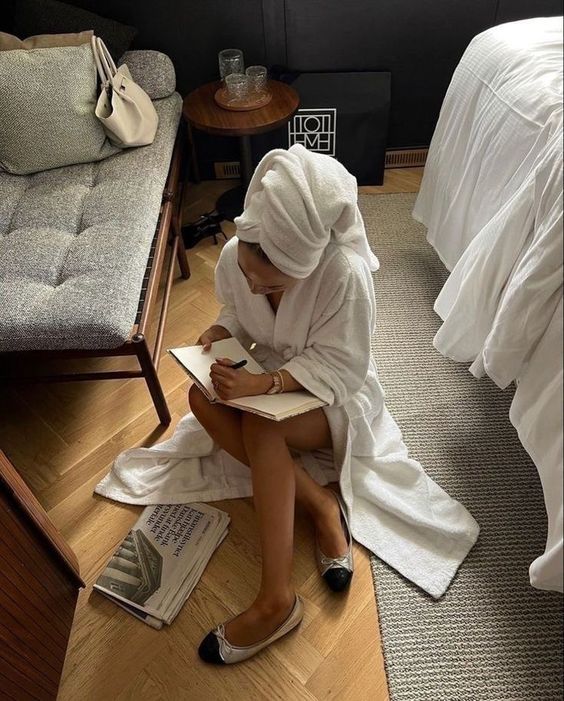
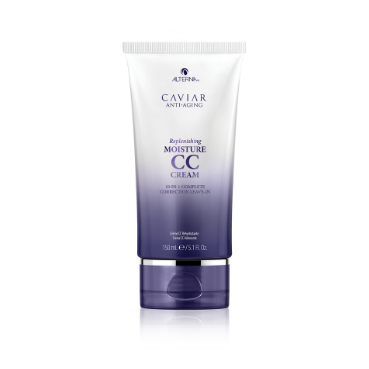





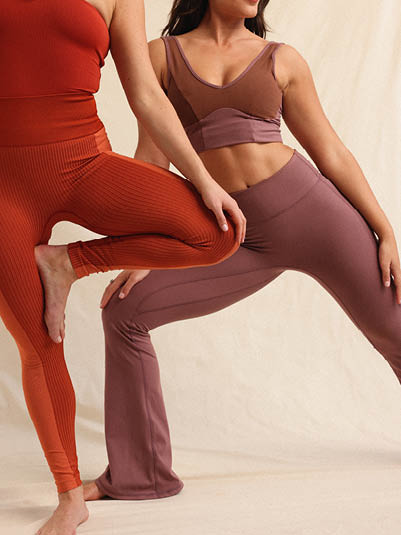
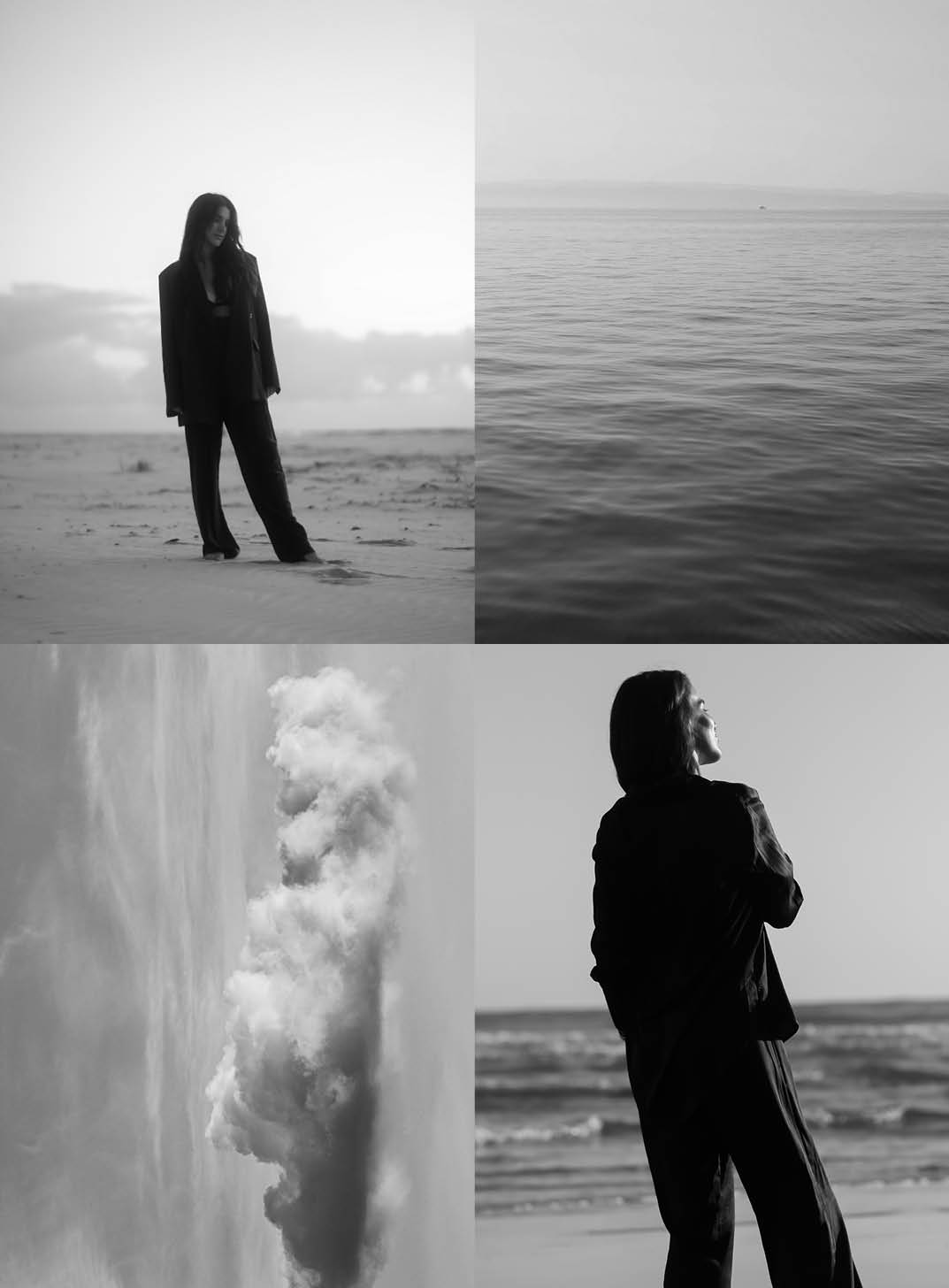
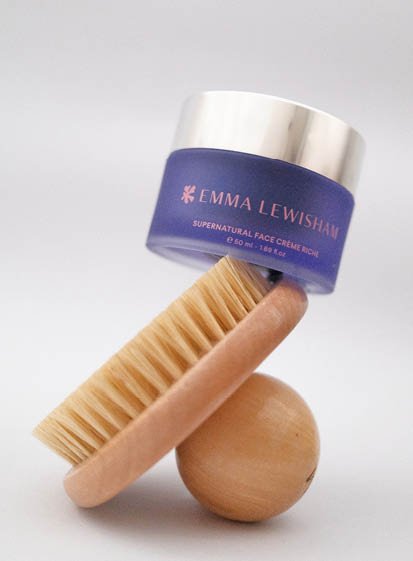
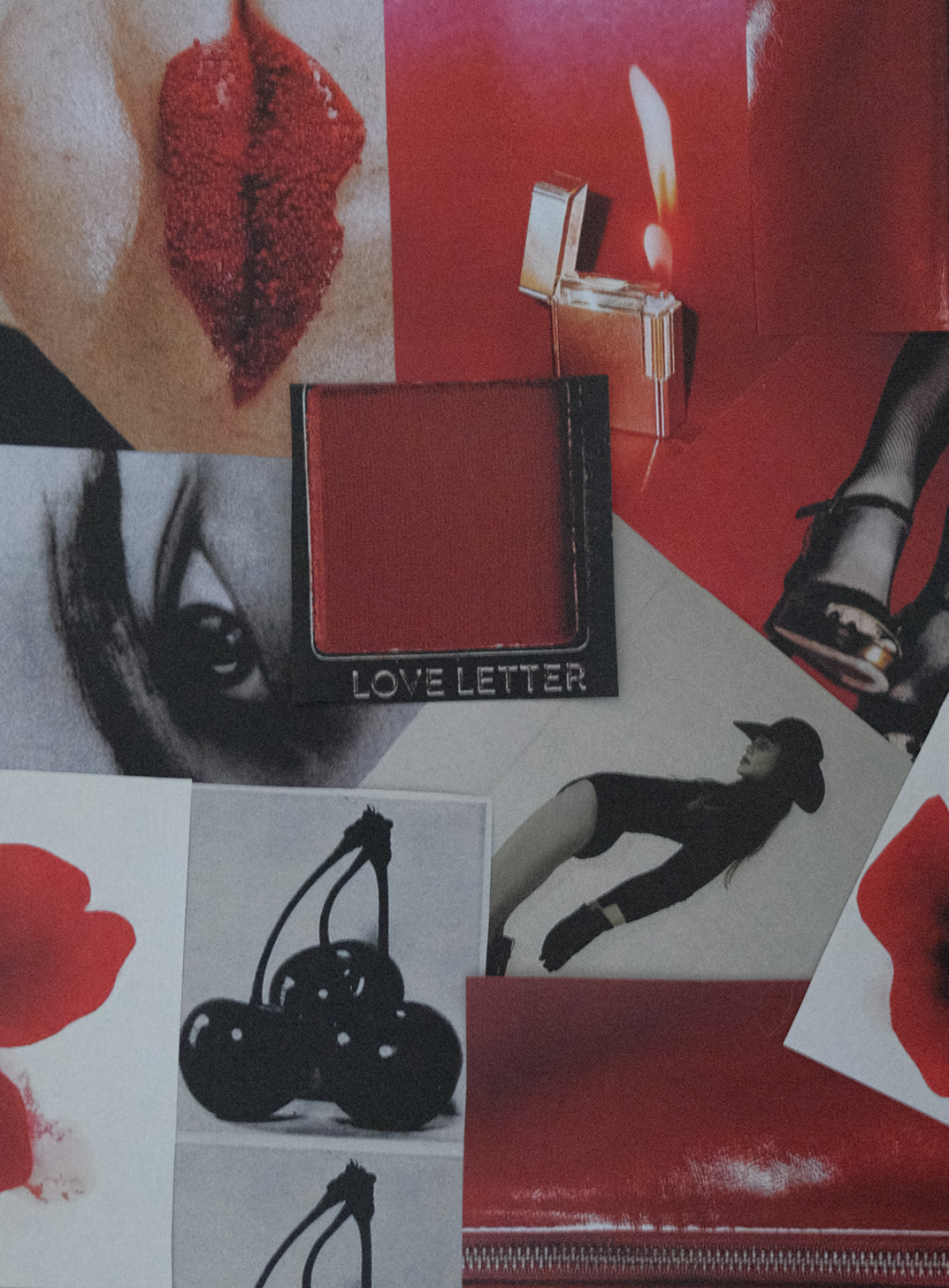
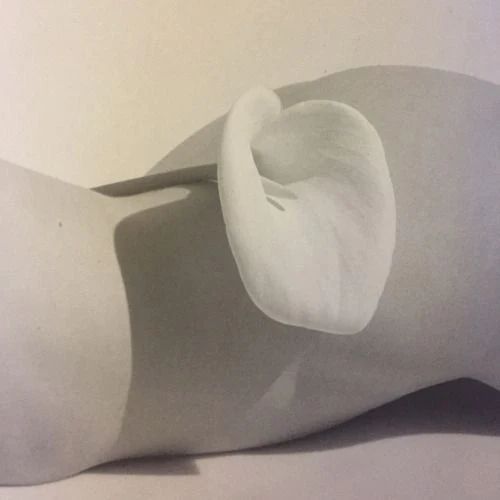
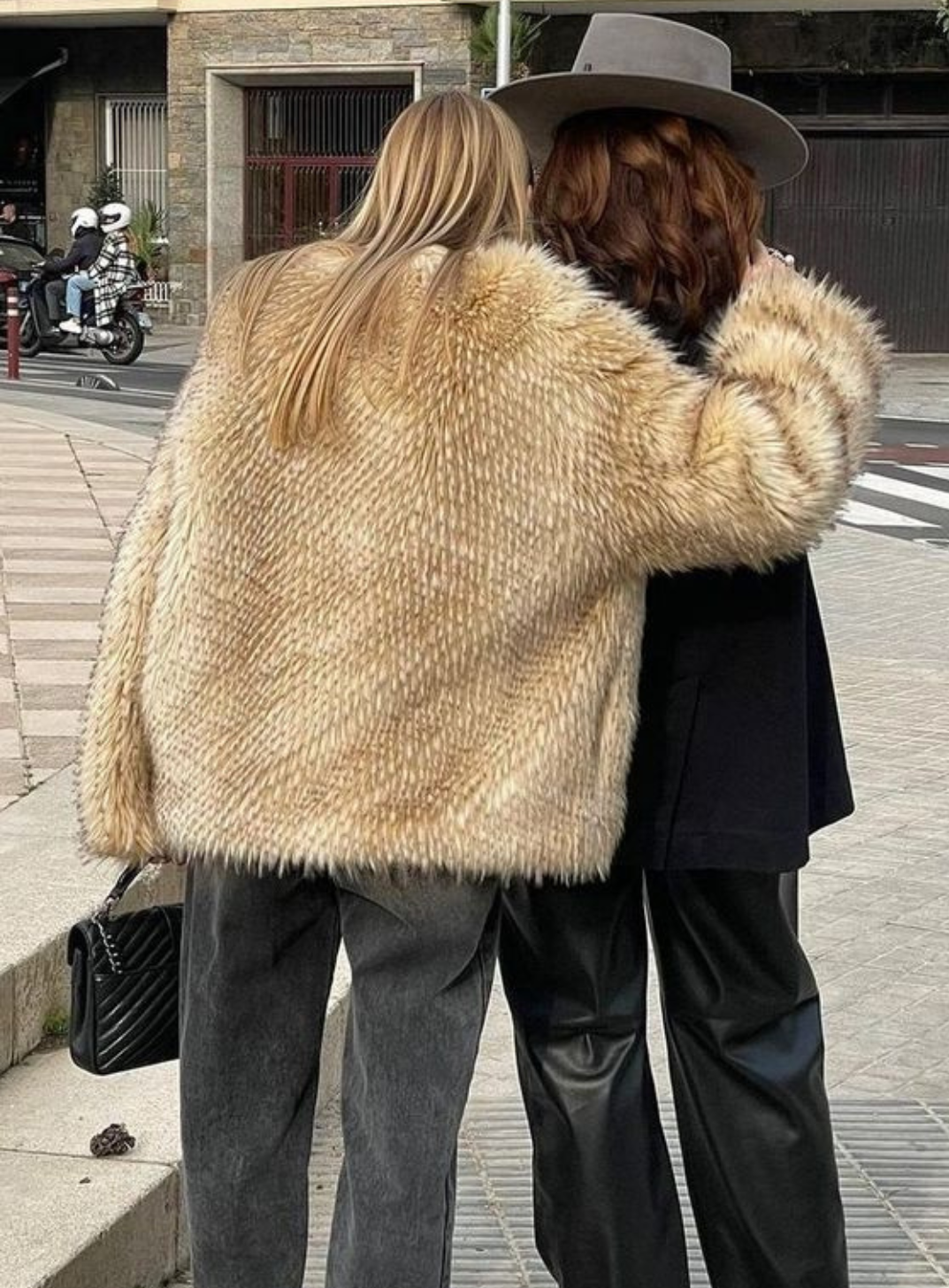

Comments